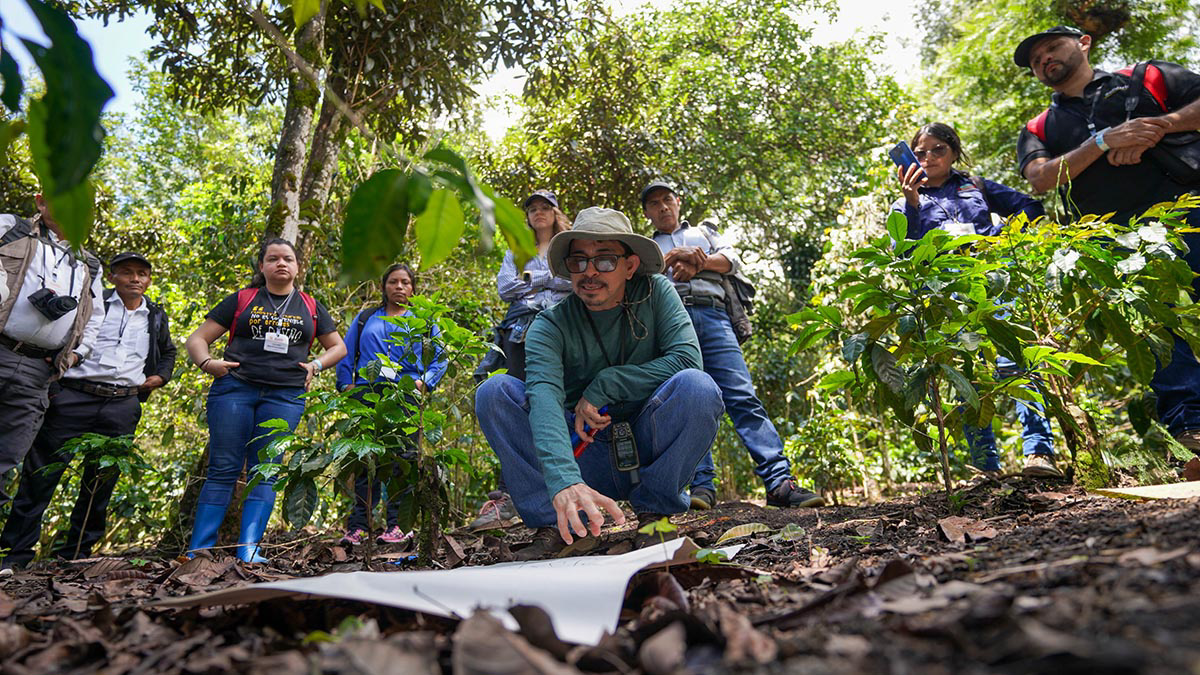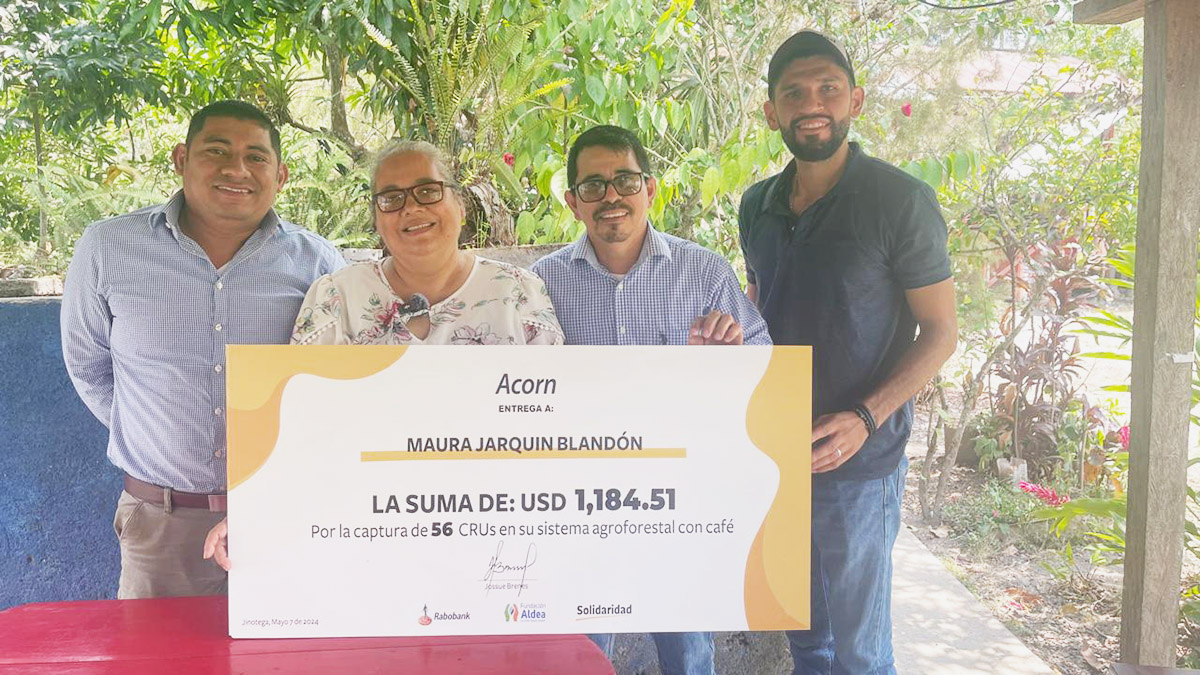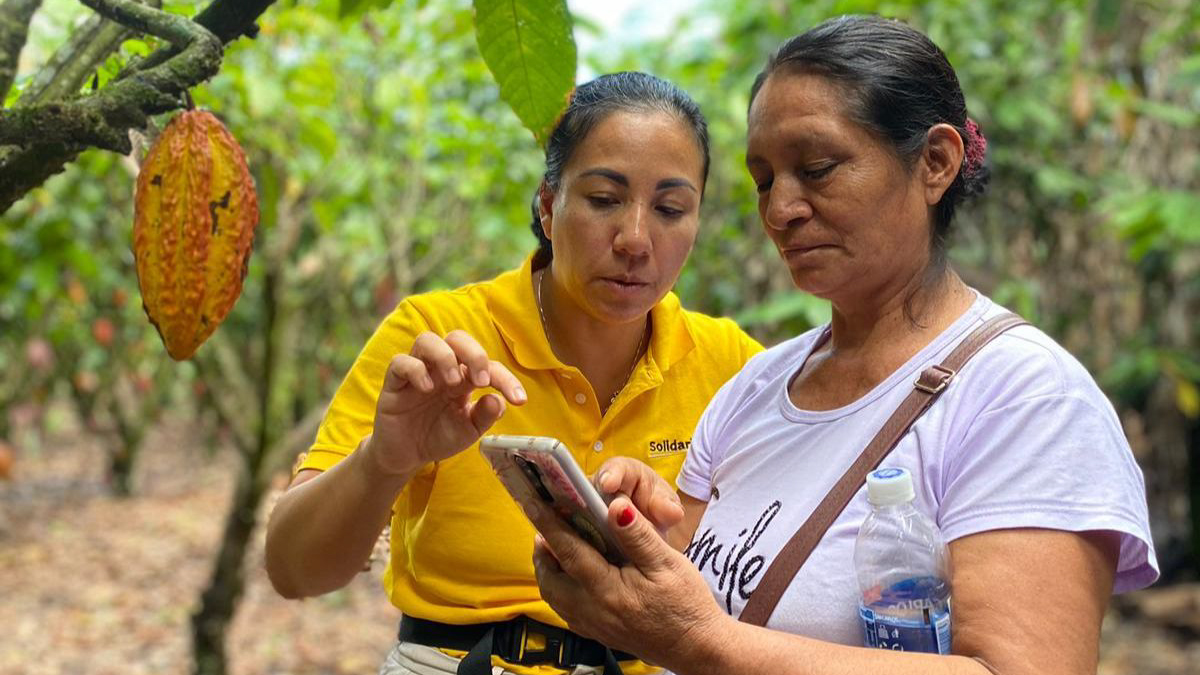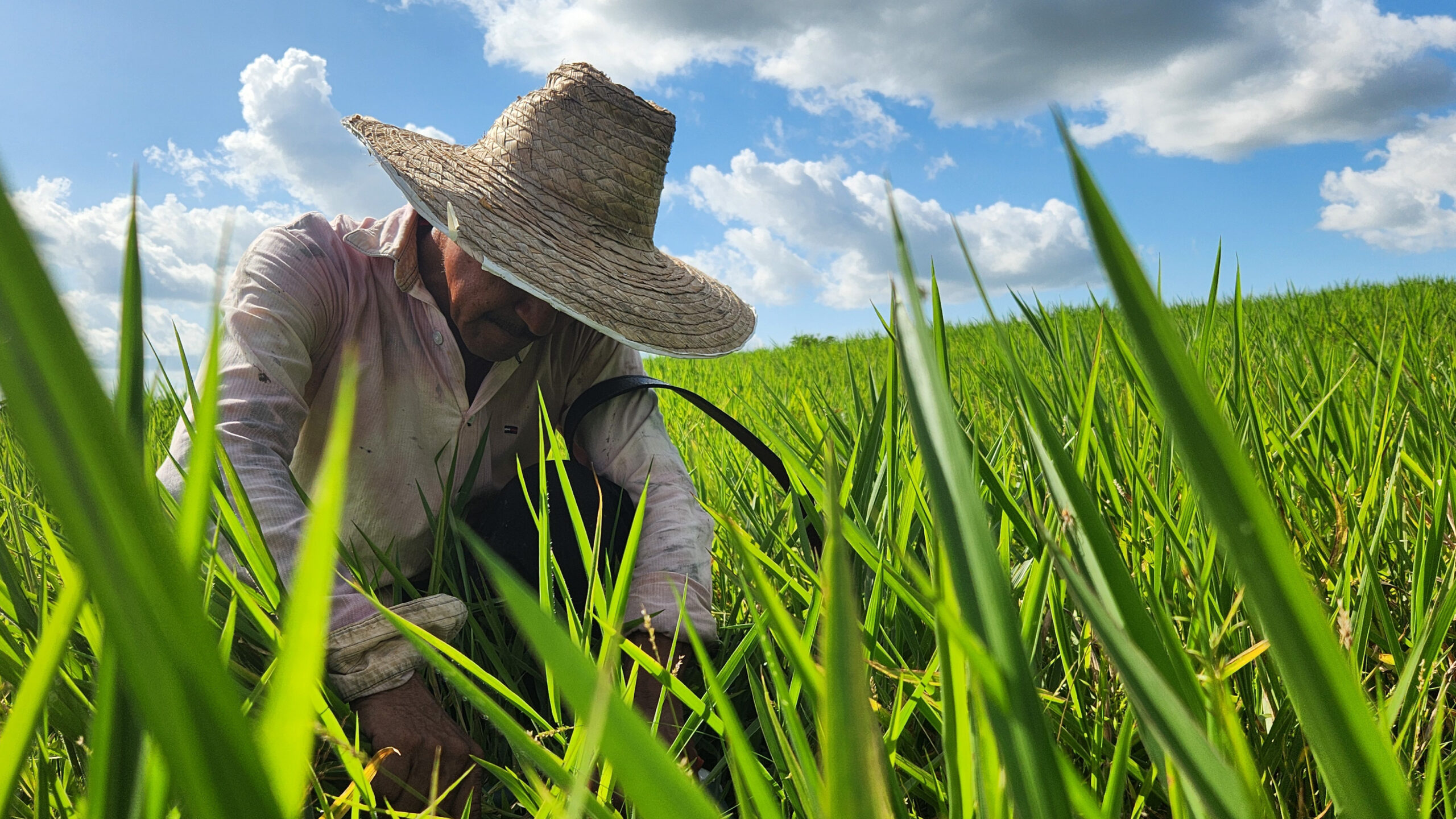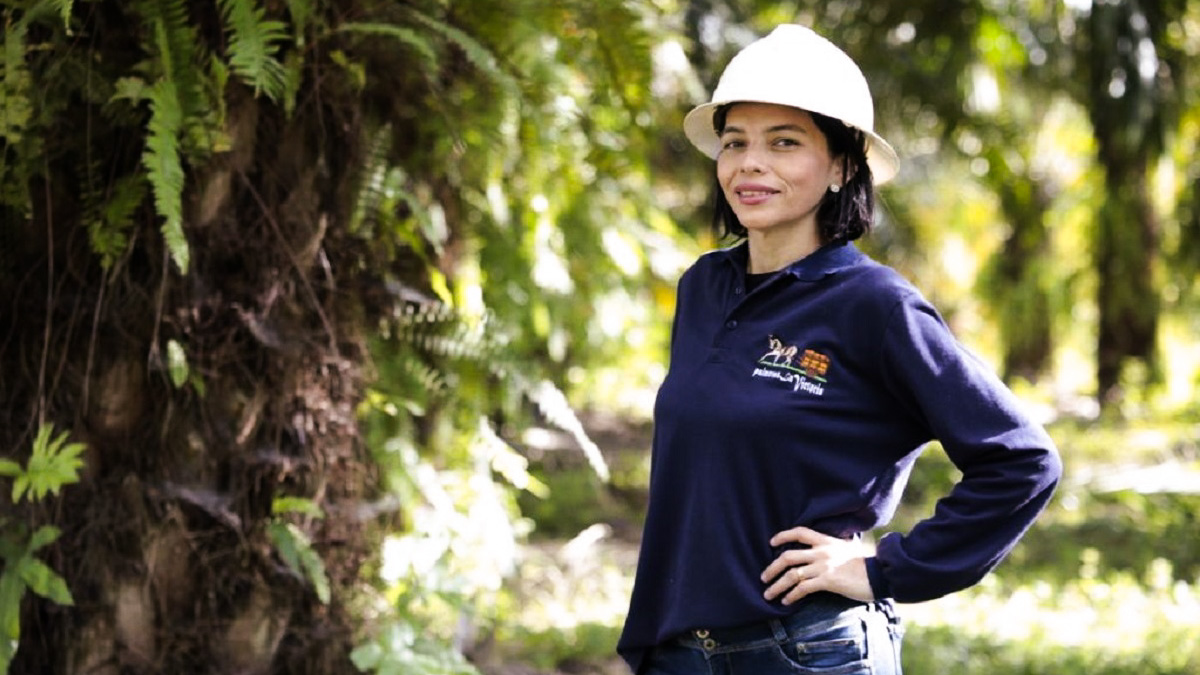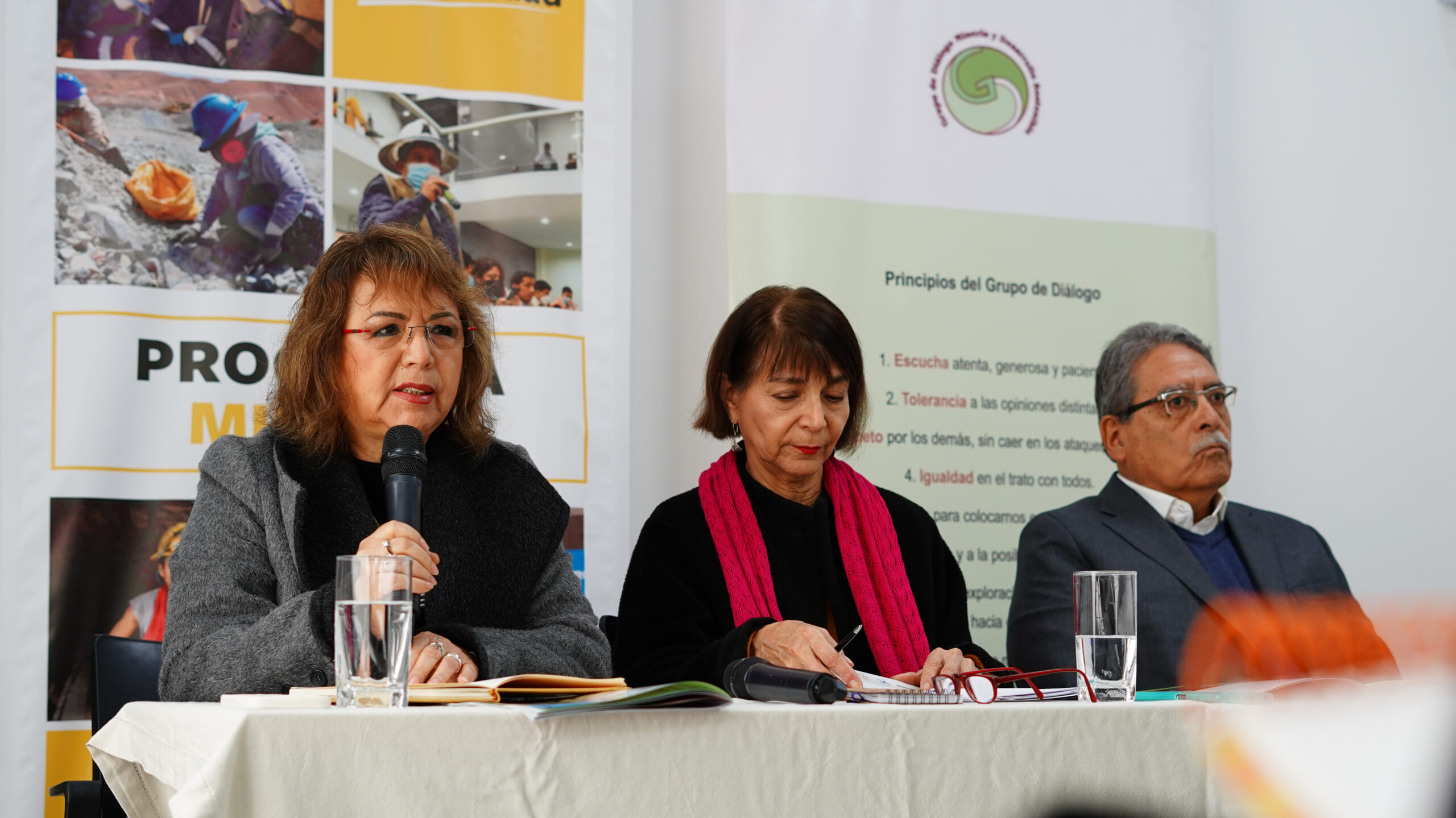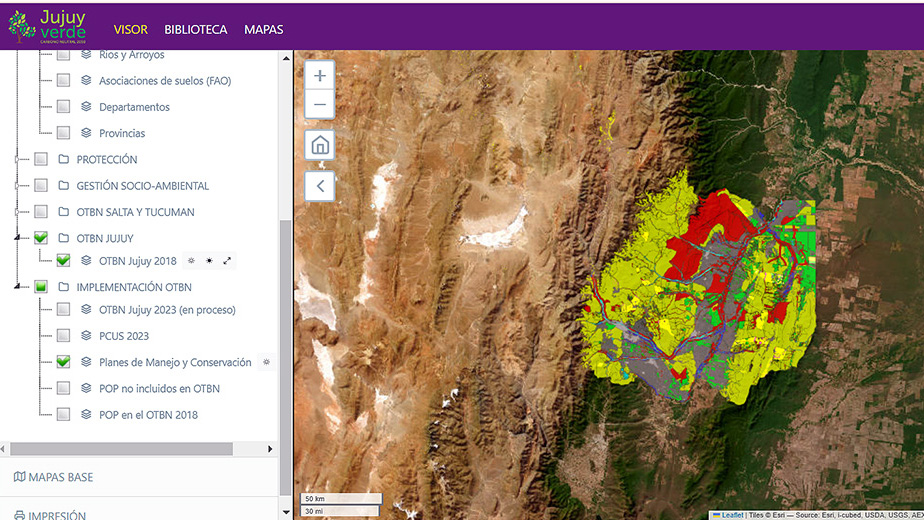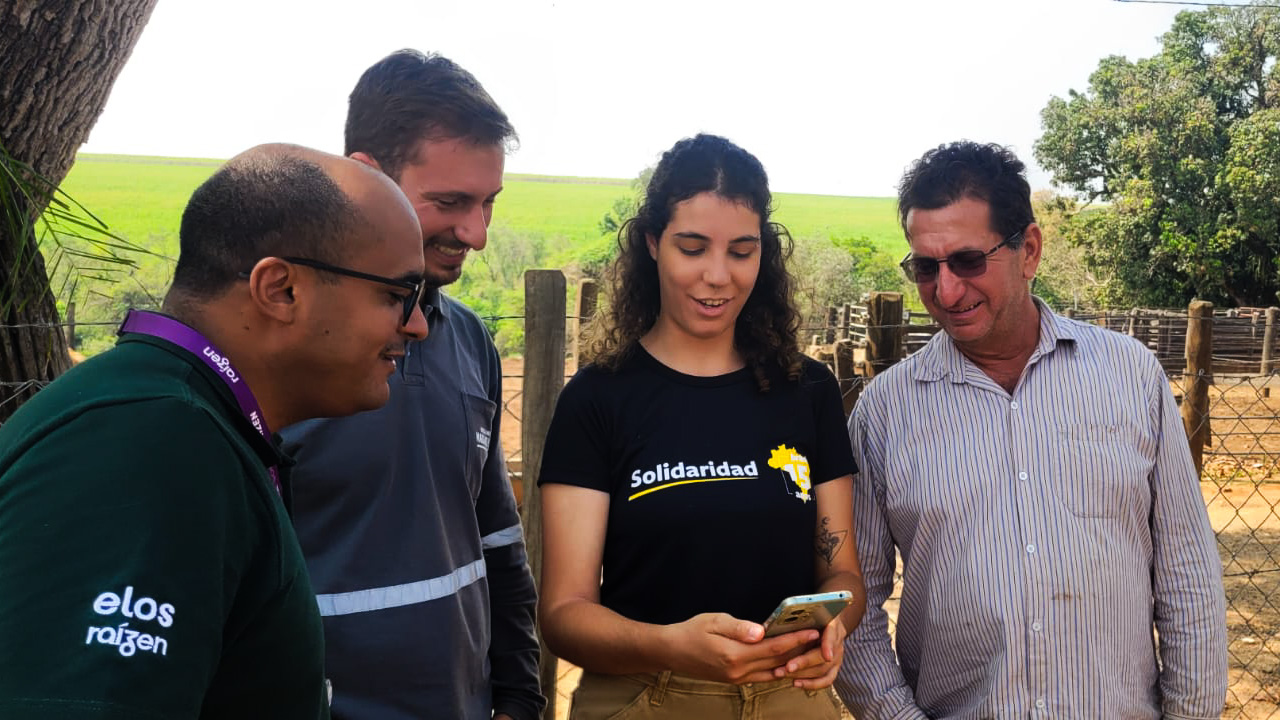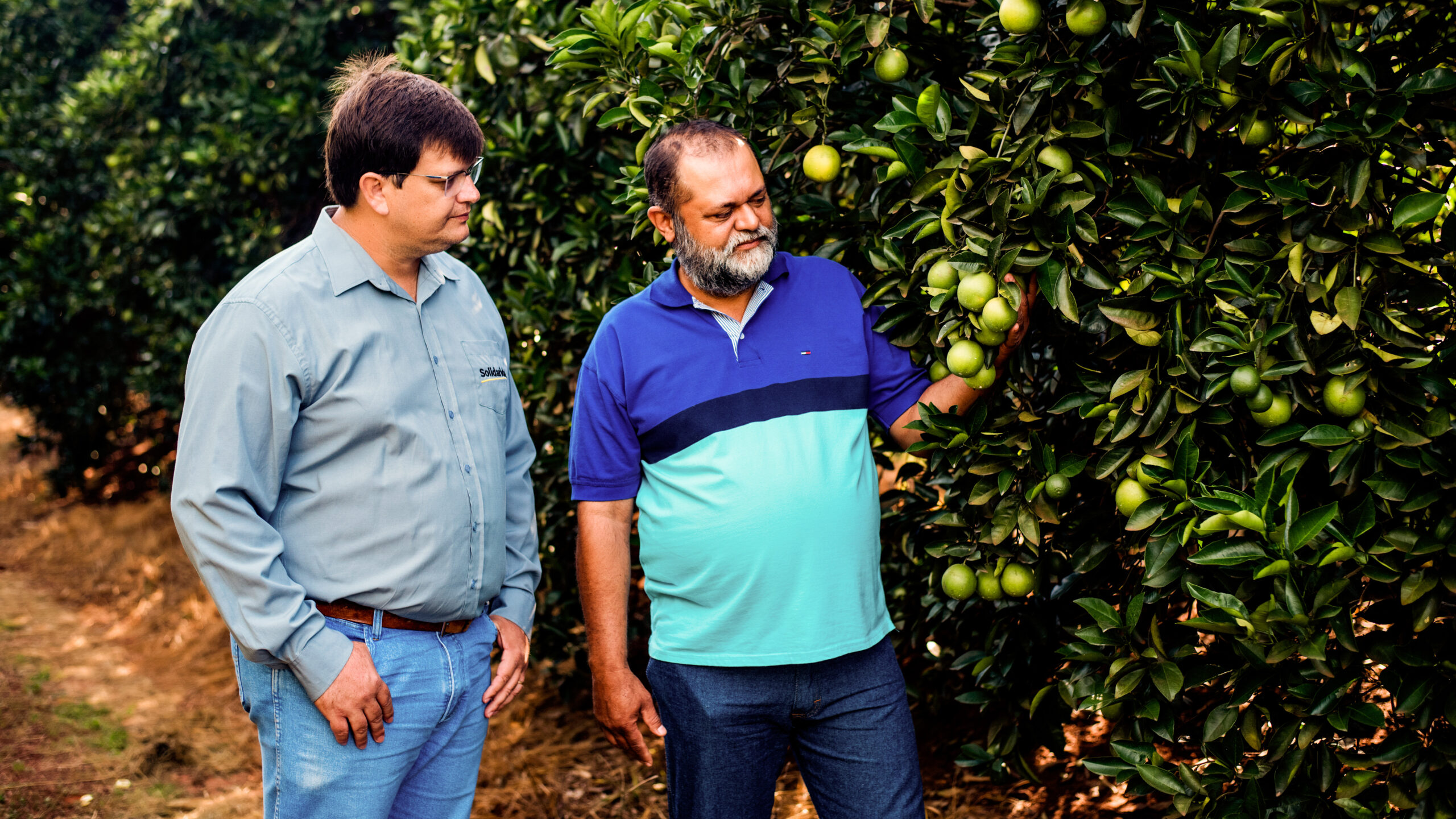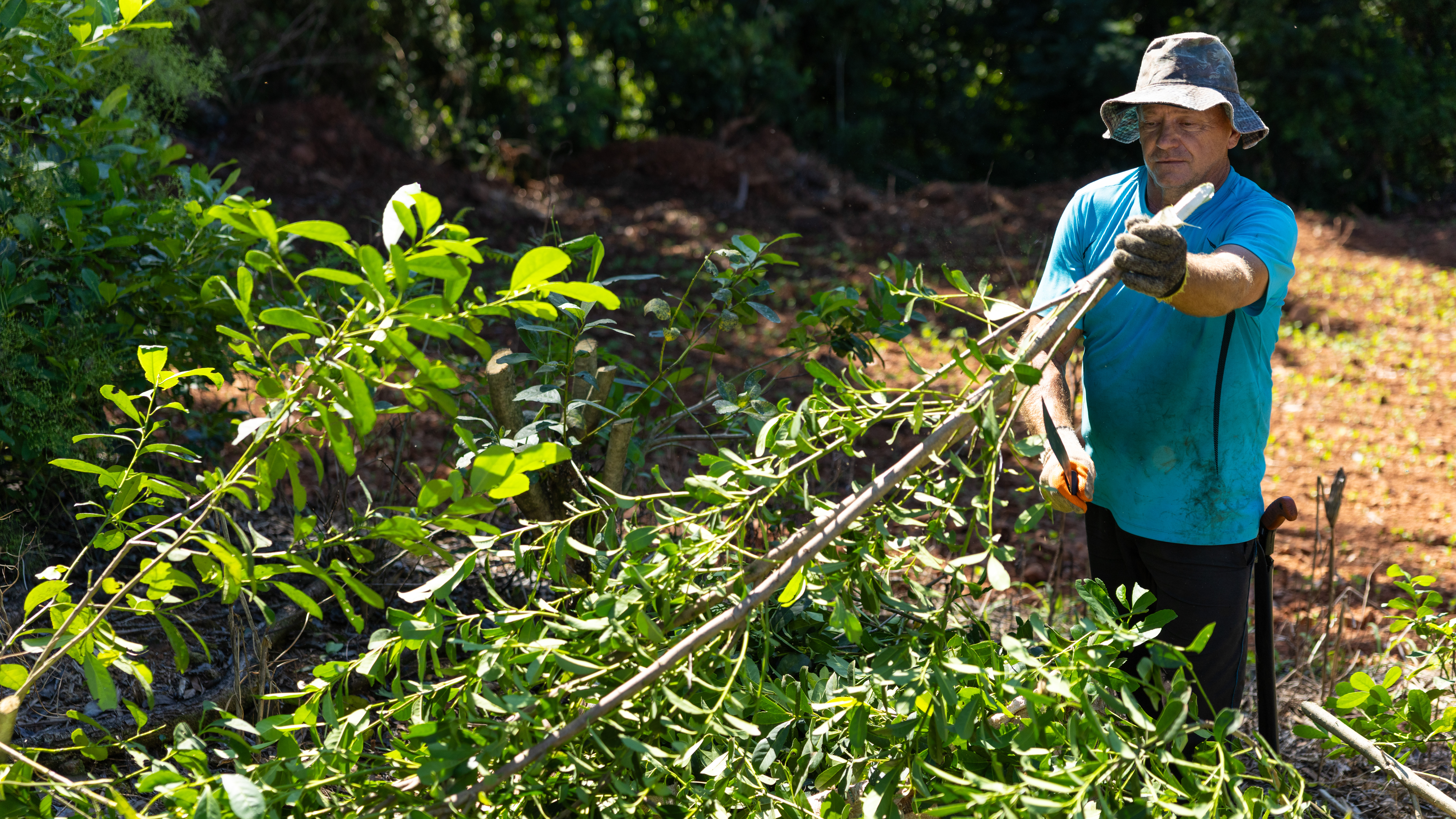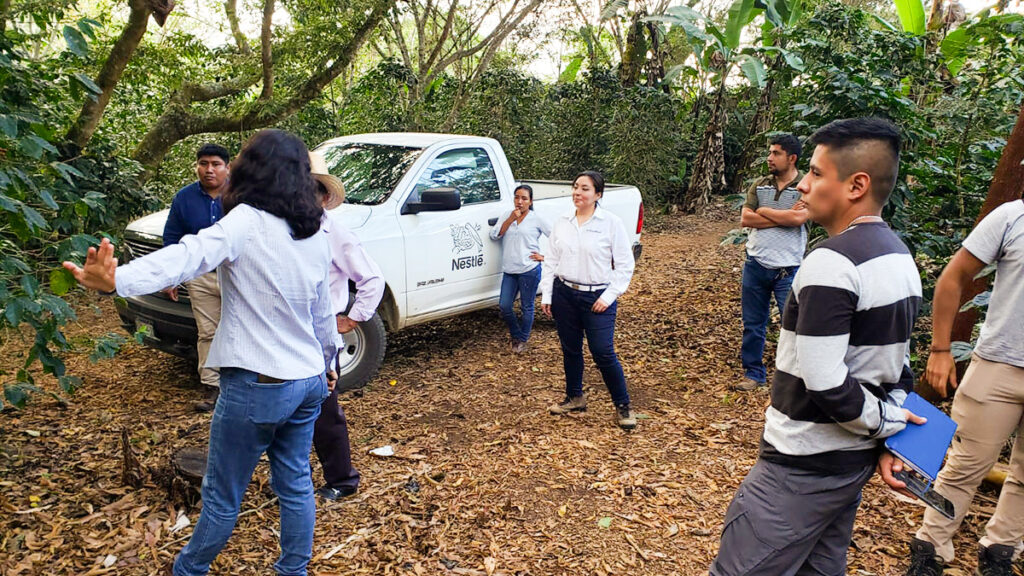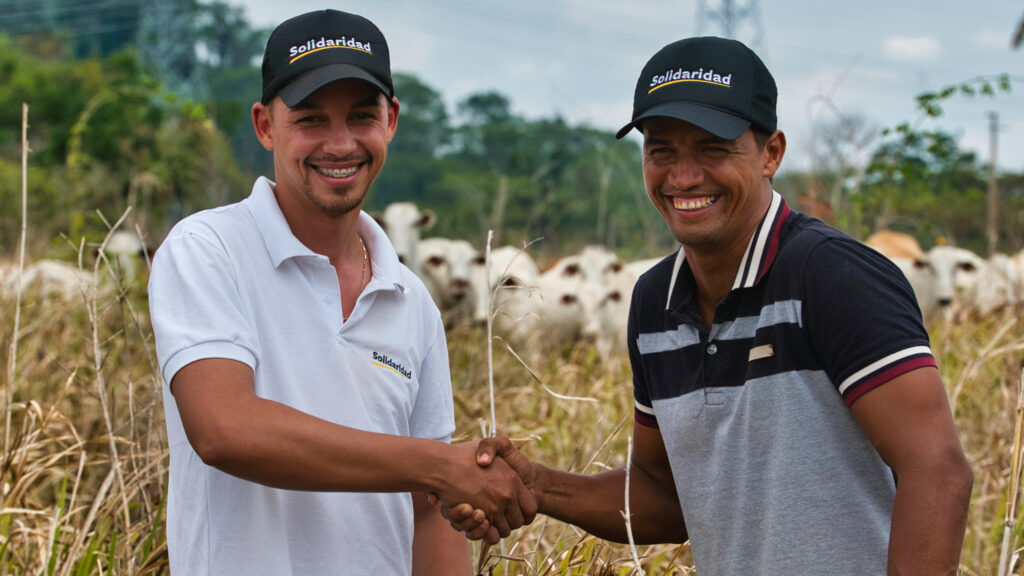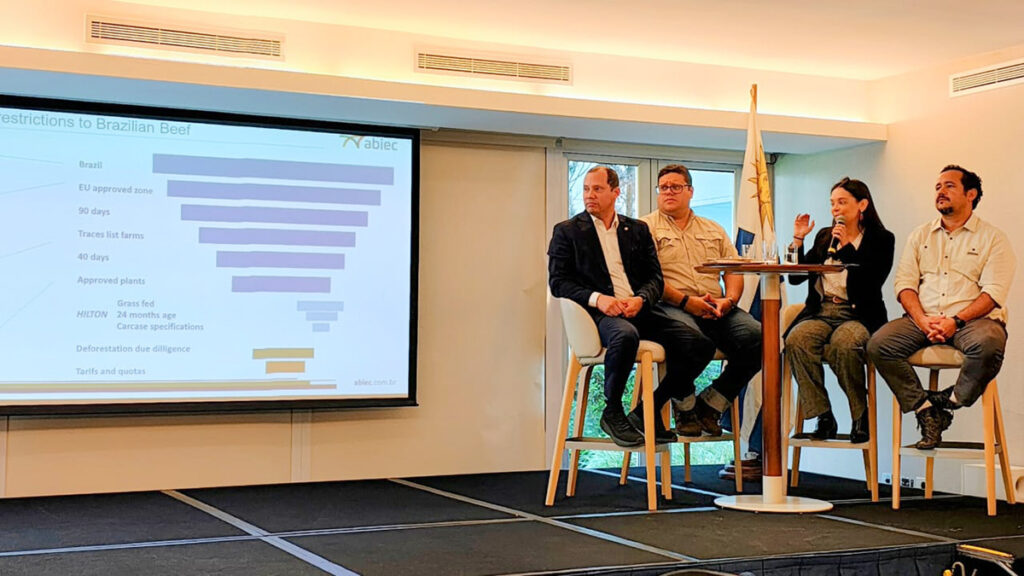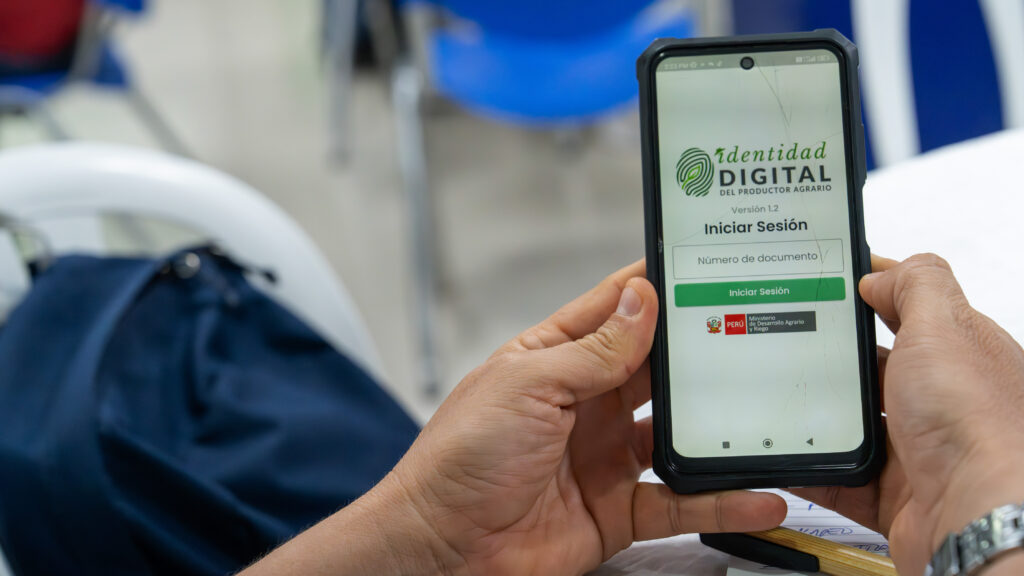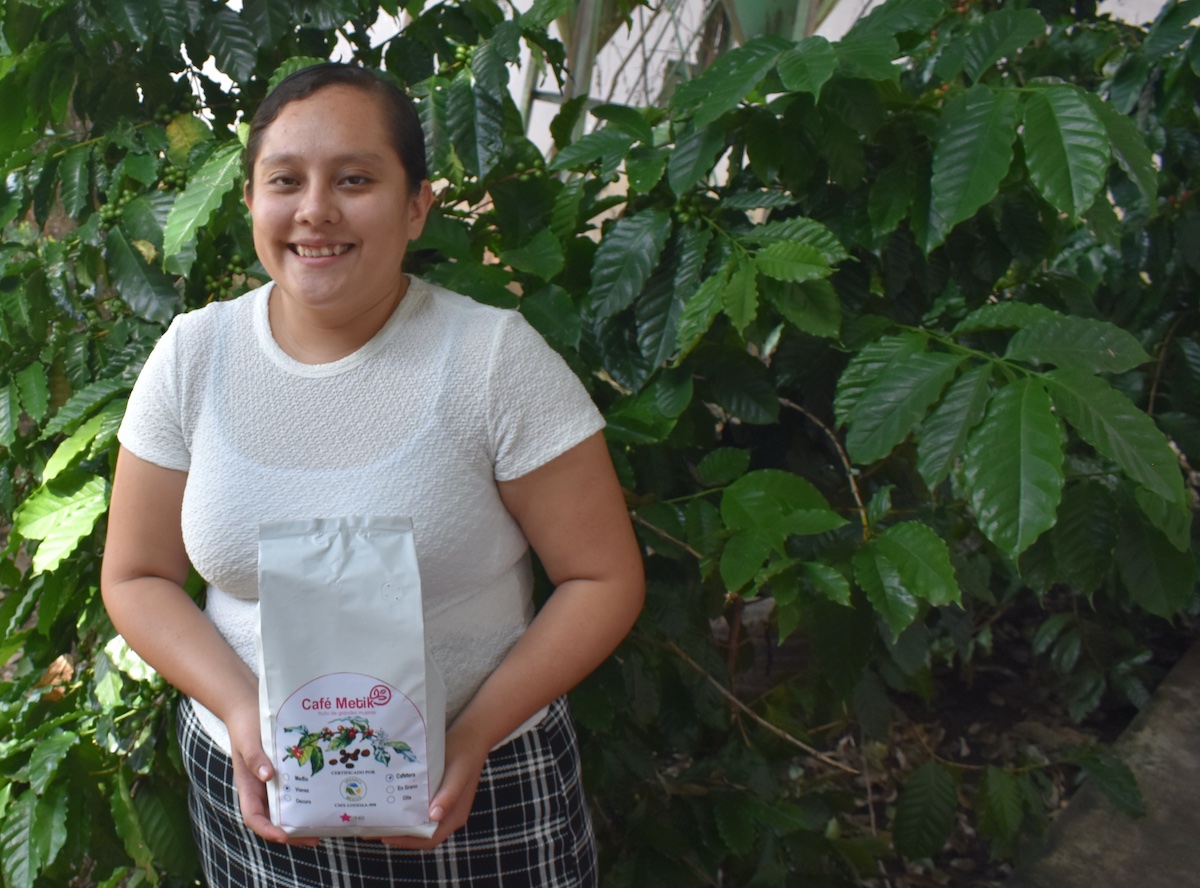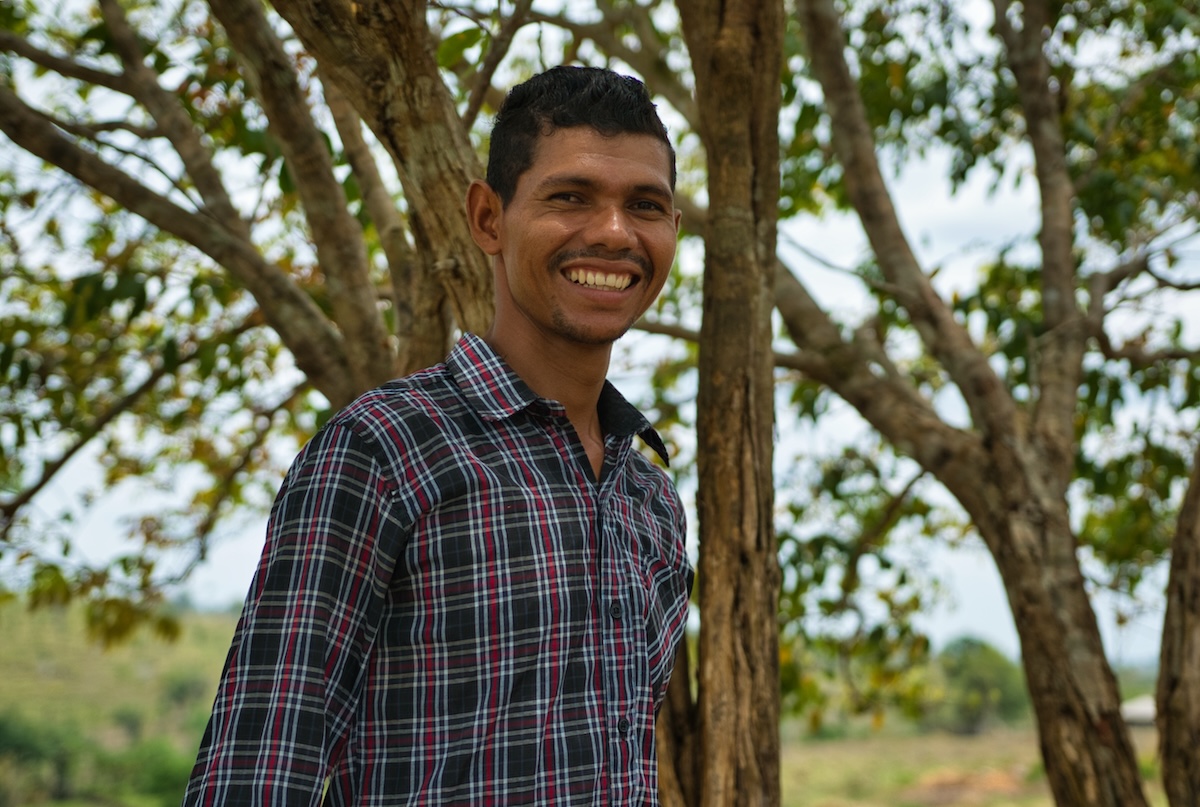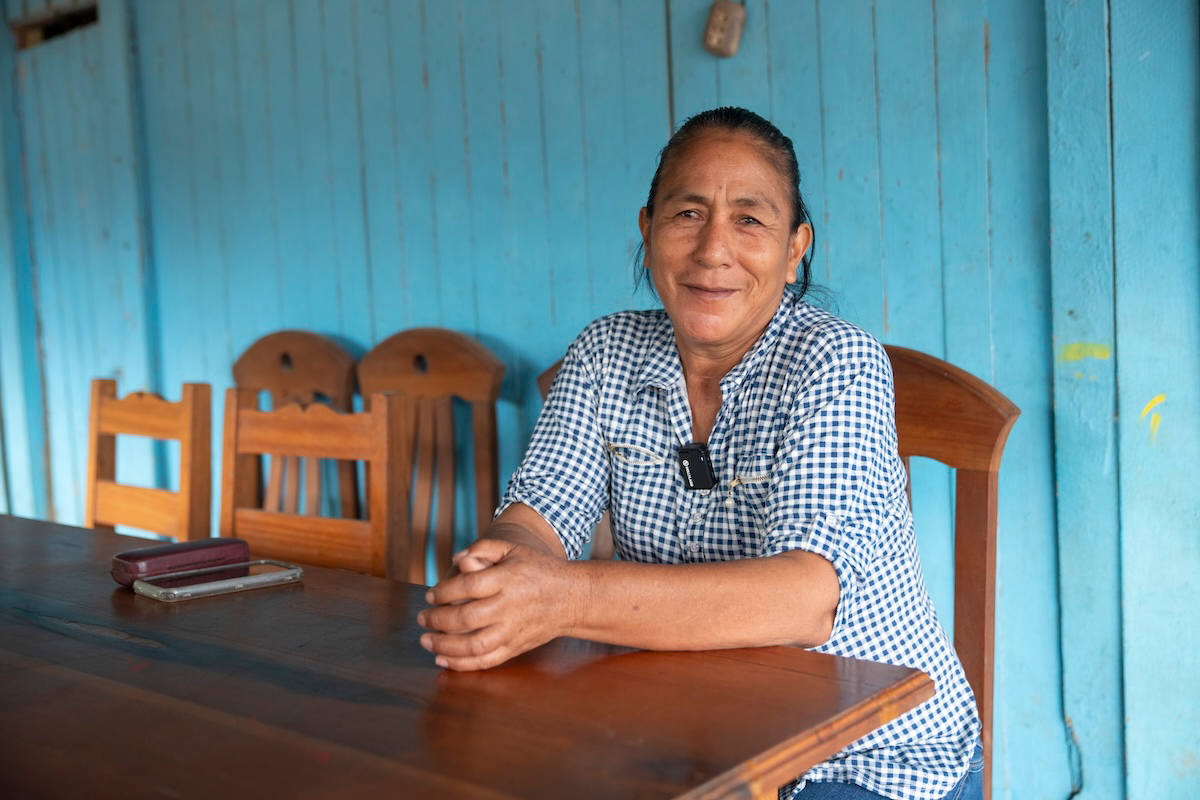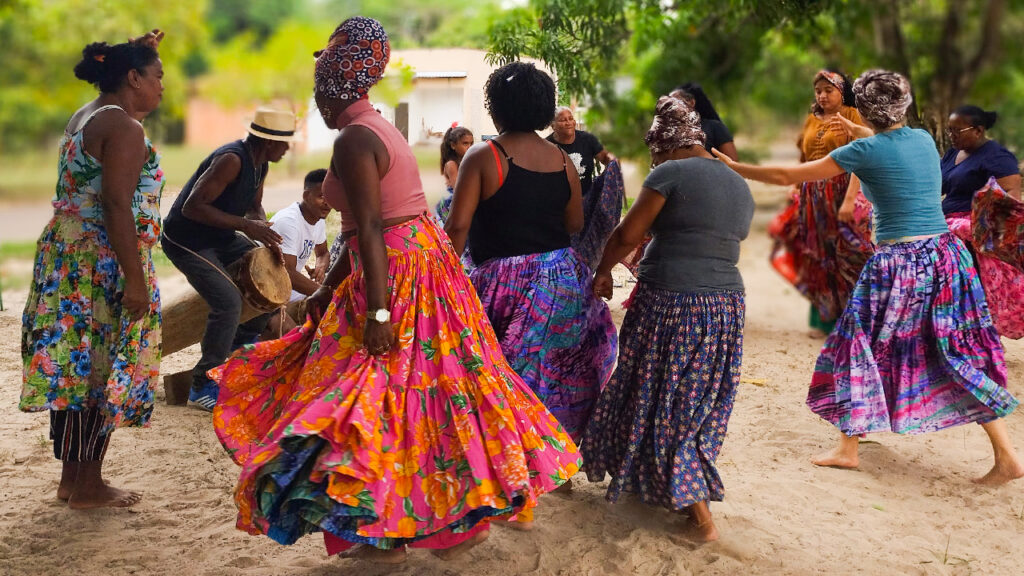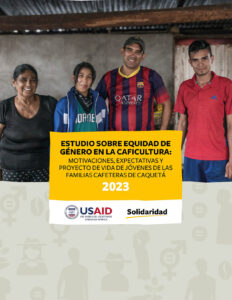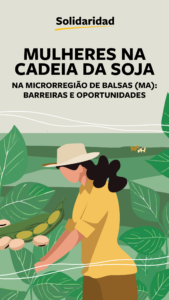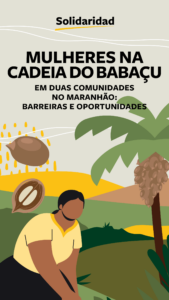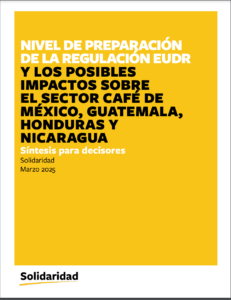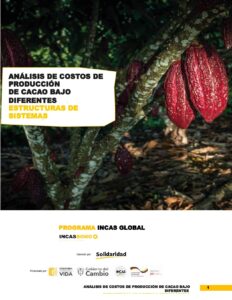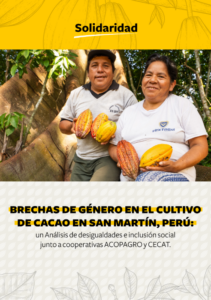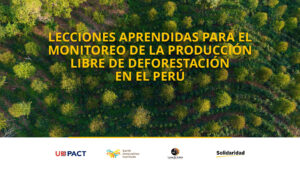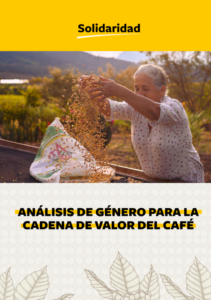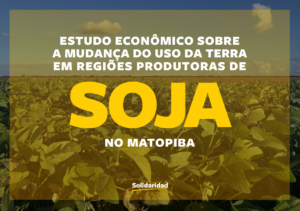Highlights
Results
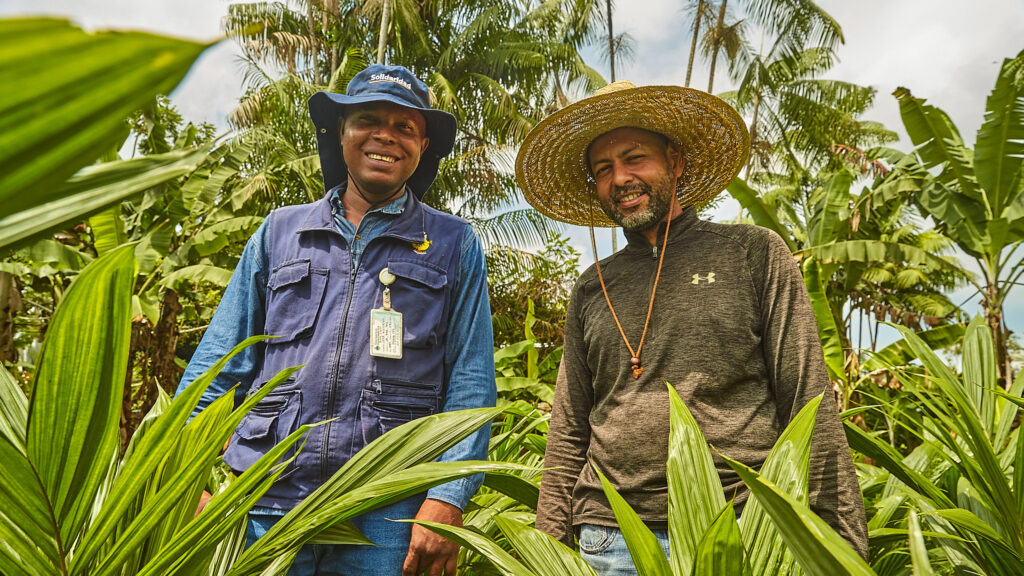
Embracing innovation, sustainability, and inclusion to navigate a rapidly evolving landscape
Fluctuating commodity prices and increasing regulatory requirements, such as the EUDR, have created uncertainty for producers. Solidaridad has provided tailored technical assistance on cost reduction, productivity improvements, and market access strategies.
Change that Matters Stories
Sustainability Solutions
Social Inclusion and Fair Ownership
Improving opportunities for women and artisanal miners
In 2024, the Latin American Digital Unit launched Solis, a mobile application designed to enhance the interaction between field officers and small-scale farmers, fostering knowledge-sharing on locally relevant agricultural practices. Solis mirrors the structure of social media platforms to create a dynamic, two-way communication channel between field staff and farmers, making technical knowledge more accessible and engaging. Solis includes action plans for producers and facilitates peer-to-peer engagement, where farmers share experiences and best practices, reinforcing trust and collective learning within agricultural communities.
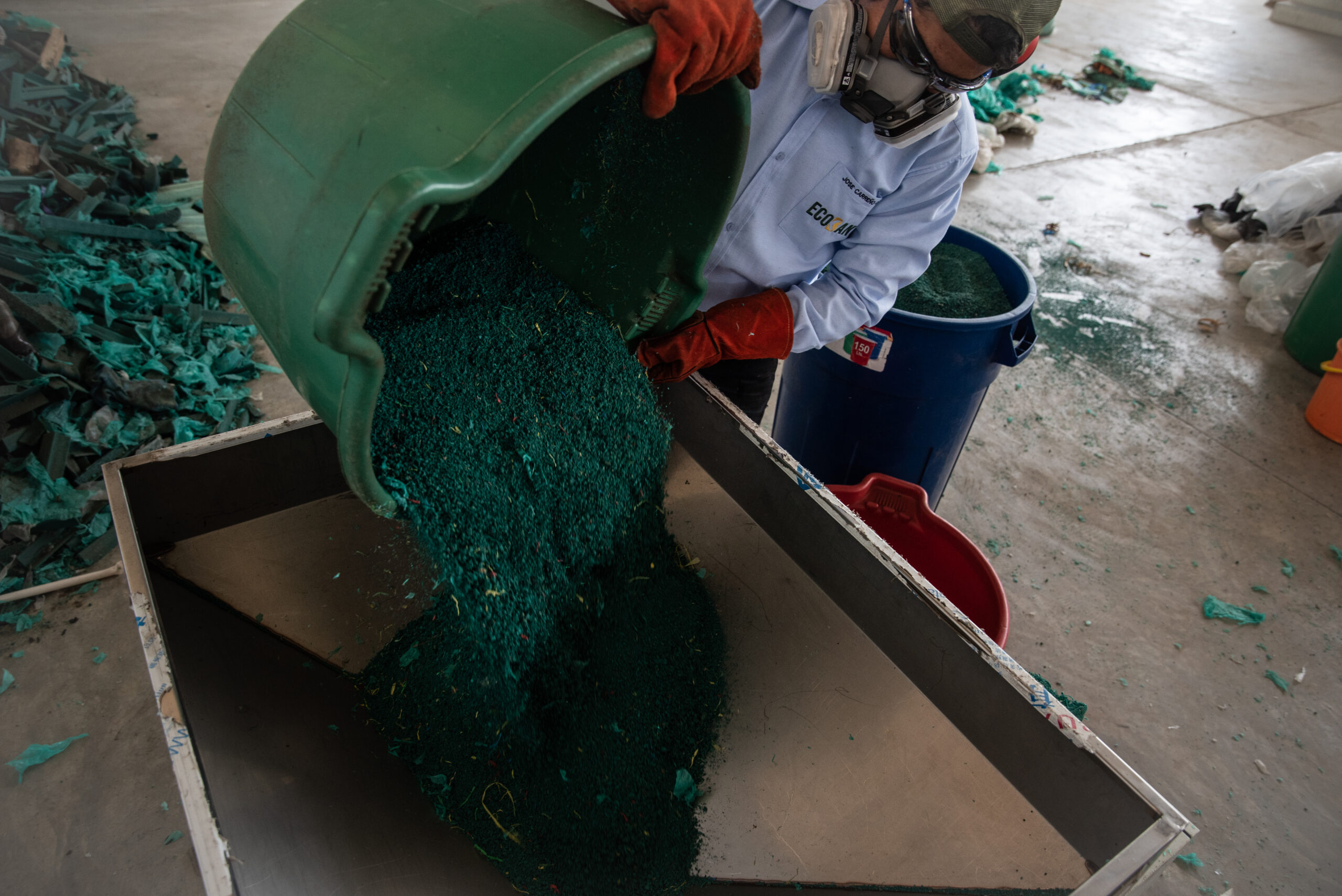
In 2024, the Latin American Digital Unit launched Solis, a mobile application designed to enhance the interaction between field officers and small-scale farmers, fostering knowledge-sharing on locally relevant agricultural practices. Solis mirrors the structure of social media platforms to create a dynamic, two-way communication channel between field staff and farmers, making technical knowledge more accessible and engaging. Solis includes action plans for producers and facilitates peer-to-peer engagement, where farmers share experiences and best practices, reinforcing trust and collective learning within agricultural communities.
In parallel, we also piloted Impulsa, an incentives and rewards initiative powered by digital tools to encourage farmers to adopt better practices. Funded by the Bonsucro Impact Fund and implemented with sugarcane small-scale farmers in Brazil, Paraguay, Uruguay, and Colombia, this project combined behavioral science with information technology to drive sustainability improvements.
Lessons learned from both Solis and Impulsa highlight the importance of user-centric design, interactive engagement, and meaningful incentives in driving behavioural change. The participatory approach of Solis proved essential in ensuring digital adoption, while Impulsa demonstrated that short-term incentives and gamification can effectively motivate farmers to engage with technical assistance. Farmers responded positively to both initiatives when they saw tangible benefits, whether in the form of knowledge-sharing, financial rewards, or improved access to resources. Additionally, while digital solutions enhance scalability and efficiency, they must be complemented with in-person support to maximize long-term adoption and impact.
Studies and campaigns to create awareness and make informed decisions
In order to provide sector stakeholders with useful and up to date information, we published more than 20 studies. We also tested new ways to reach and engage producers to keep them up to date of new market requirements and incentives.
Organization & Governance
Continuing integration and extending borders
2024 was the second year of integration of Central and South America. At a financial level, we fully consolidated the aggregation of our accounts. At the organizational structure level, we separated the Central American structure and leadership into two: Mexico and Central America (including Honduras, Nicaragua and Guatemala). In terms of new countries, we had initial explorations of work on sugarcane in Cuba in partnership with the company Pernod Ricard.
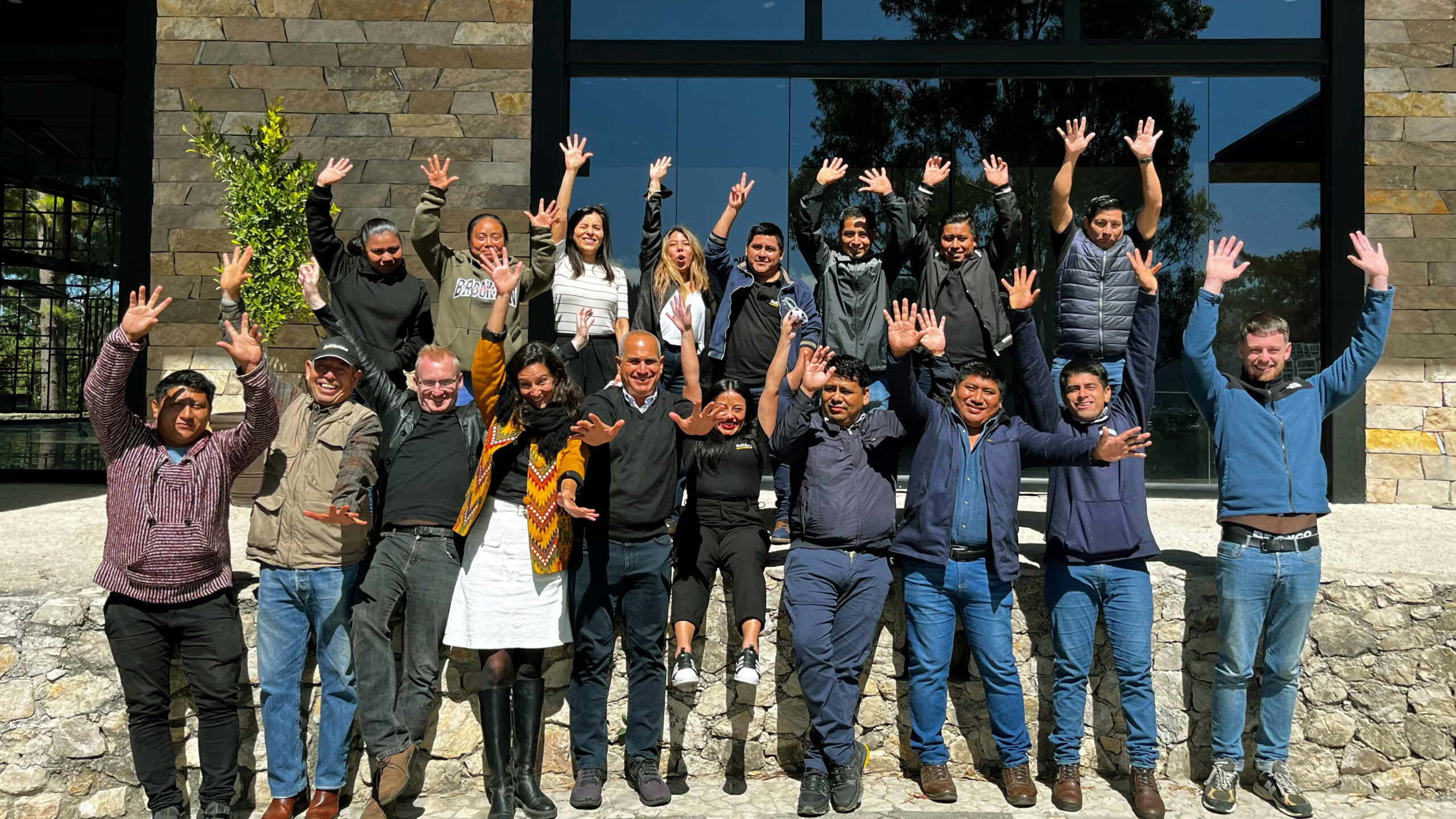
Finance
Based on preliminary figures, the total expenditure execution in 2024 was EUR 19 million. This is in line with the budget set for the year and EUR 1.3 million higher than in 2023 (7% increase).
Our main sources of income in 2024 were the private sector (40%), public sector (40%) and non-profit organizations (20%). Our top public donors included the Dutch Government, with an investment of EUR 3.8 M; USAID, with an investment of EUR 1.5 M; and the German Government, with an investment of EUR 1 M. Our main private donors include the JBS Fund for the Amazon, with an investment of EUR 900,000; Coca-Cola Brazil, with an investment of EUR 653,000; and Cargill, with an investment of 543,000.
Staff costs accounted for 45% vs. 47% budgeted. This figure was 43% in 2023. Partners and consultants accounted for 28% vs. 19% budgeted. It was 32% in 2023. Activities accounted for 27% vs. 34% budgeted. This figure was 25% in 2023.
Due to changes in the workplan of some projects, a higher number of implementing partners were engaged in 2024.
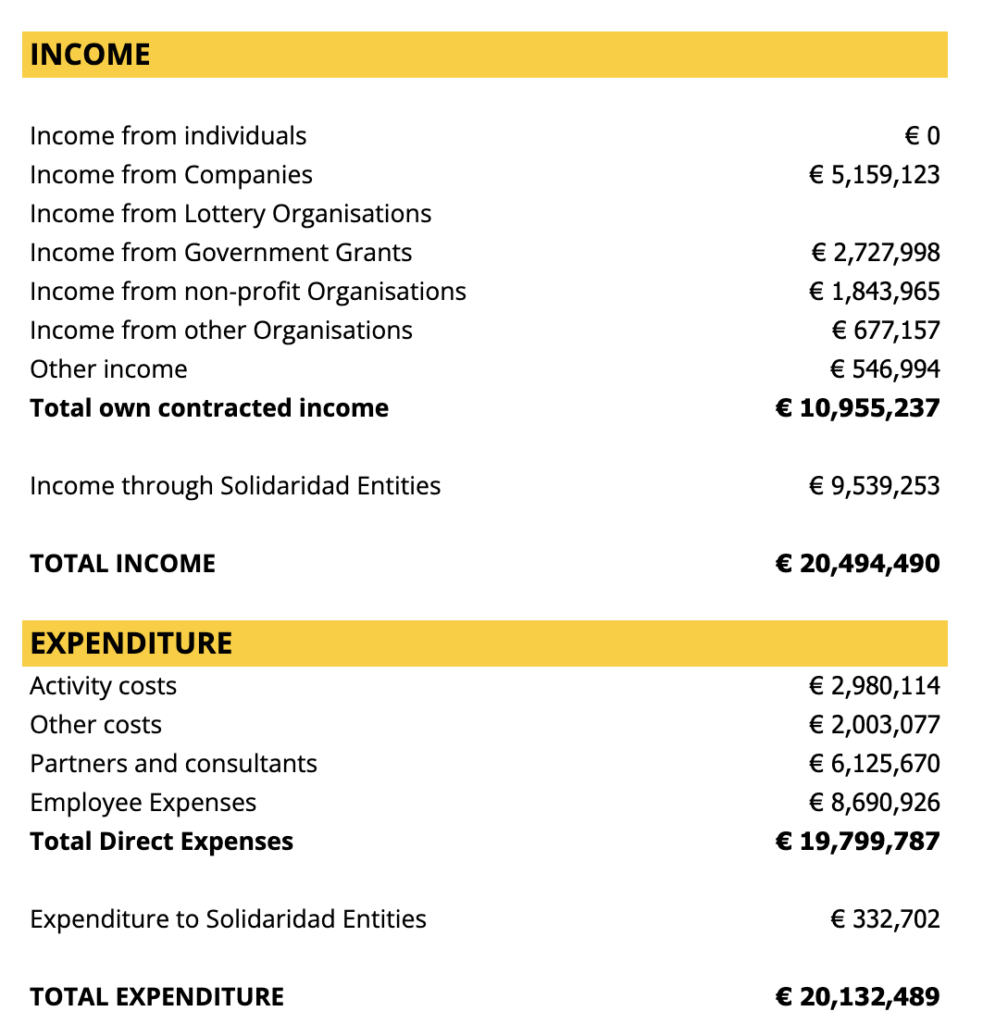
All information above is based on the unaudited figures over 2024. The official audited financial statements over 2024 will be uploaded here as soon as they are available.

